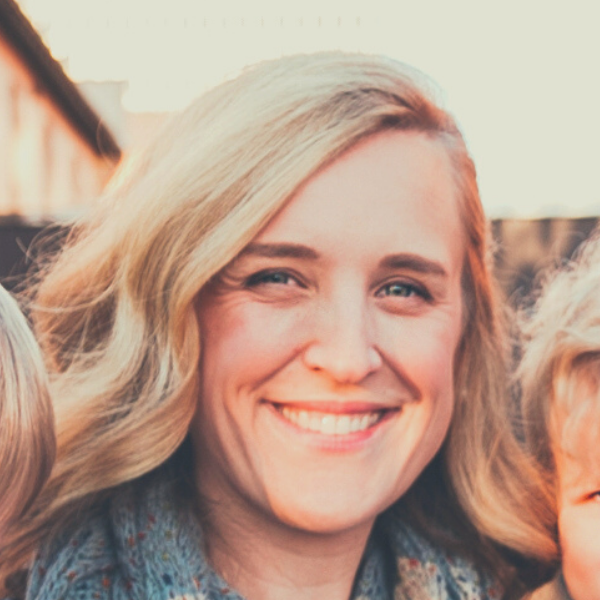Take 5 with Lauren Beam
Lauren Beam
Associate Director, Mentoring and Alumni Personal & Career Development at Wake Forest University
1. How do you define success for yourself? What has helped you to be successful?
I feel as though I’ve been successful if I’ve stayed true to my personal values and beliefs as well as tapped into my top strengths and skills on any given project, task, or effort. Whether it’s in my personal life or at work, just knowing that I’ve brought my whole self to an effort is important to me. I consider myself to be a very conscientious, detail-oriented person who is also able to swing to the other side and be a strategic, creative, big-picture thinker. Being able to flex my skill set in those ways has helped me to be successful.
I also think that no one is successful alone. It takes mentors, colleagues, supporters, wise counselors, and people along the way who give you feedback, opportunities, and wisdom to help you grow personally and professionally. I can look back on my life and see time and time again where there were special people who contributed to my success and cheered me on.
2. Think of a time that you faced a challenge, obstacle, or roadblock. How did you get through that and what did you learn?
This seems like an obvious challenge or obstacle, but the COVID-19 pandemic over this past year has been the most challenging of my life. Trying to balance working from home with having three kids ages 6 and under has been hard and can become isolating. Mothers everywhere are feeling the strain of having their children home 24/7, and the burden on working mothers has grown exponentially (proof: over 2M women quit their jobs this Fall due to the pandemic). The way that I’ve made it through the past year has been from the incredible support system of family, friends, Wake Forest colleagues, my children’s teachers and caregivers, and our church family. I’ve learned that it’s okay to ask for help and to accept offers of help. Also, that building and having community is so essential for thriving in life, pandemic or not. And one final thing is that having a manager and colleagues at work who show compassion and grace, and who genuinely care about your well-being first, are worth their weight in gold.
3. Who are your people (either by name or role) who help you to be successful/confident/intentional/reflective/any other descriptor you want to use? And how have they helped you?
I’m thankful to have an awesome family support system – my husband (shoutout to fellow Wake grad Jon Beam ’07!), children, parents, brother, sister-in-law, grandparents, extended family – all people with great wisdom, kind hearts, and cheerleaders for my success and wellbeing. They are good, good people.
And, Wake Forest people are my people. From the time I stepped foot on to campus as a freshman in 2003 through the past 11 years of being a staff member, I have been surrounded by so many professors, staff, students, and alumni who I admire and appreciate like Tom Phillips, Lynn Neal, Mary Foskett, Wade Stokes, Patrick Sullivan, Vicki Keslar, etc. My mentor and manager Allison McWilliams has been and continues to be a fount of wisdom and support to me, and my colleague Megan Hoyt challenges me to think differently and brings a level of positivity that energizes me daily. These two ladies are the yin to my yang.
4. How did you find your people?
For me, I know that someone is one of “my people” when there is a mutual desire to know each other for who we really are (authenticity and vulnerability are so important!) and an openness to learn, grow, and give feedback to each other. I think that I am naturally drawn to people with these qualities and seek those out in friendships and relationships in my personal and work life.
5. What advice would you give to Wake Forest students as they look for their people?
Just start initiating conversations with people who you like and admire. This could be a favorite professor, staff member, or even a peer. Be curious, ask questions, and have a willingness to be vulnerable and open to people who are both similar and different from you. As you build and grow these meaningful relationships during your time at Wake Forest, continue to stay in touch. You never know when you might need to reach back out to one of those people for help or advice many years later after you’ve left Wake Forest.

